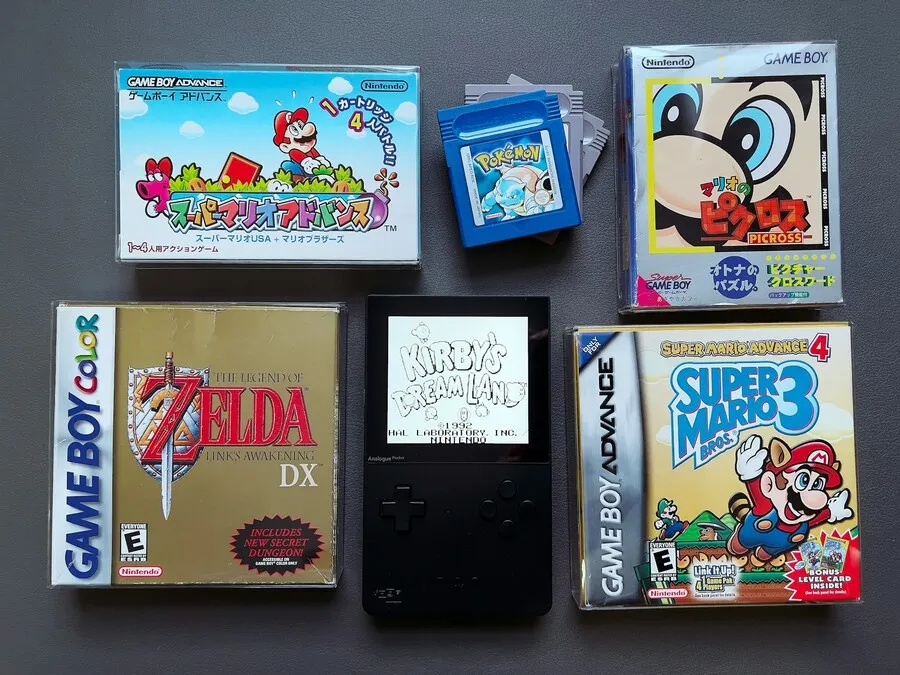If you talk to any author, they will tell you that writing their book was the easy part – compared to marketing it and getting folks to buy it!
You can go to any bookstore and get a book on how to publish your book or do a Google search on book publishing. (I recommend Dan Poynter’s Self-Publishing Manual – he’s been called the guru of self-publishing). You can even get a good editor to help you with your rough manuscript. If you really don’t want to do that much work and want to get your book out fast, you can go to “iuniverse” or “lulu” and have books produced as you needed. This is called Print-On-Demand (POD) – great for first time authors; they take your word document and turn it into a book. FedExKinkos is even in the book producing game.
The production of a book is now pretty common. That’s why we see so many people doing books.
But are the books selling? After the books are back from the printer/publisher – the real work begins. It’s time to promote and sell your book. You have just opened up a business. Like any new business, you need a business plan plus extensive knowledge of the field you’re in and good advisors. A standard statistic you need to know according to book industry sources: there are over 150,000 new books published every year. And typically we see the same roster of authors on the New York Times Best-Seller’s list.
As a book publicist for over ten years in the Christian literary field, I see what flys and what fizzles. Before you embark on this costly venture (prepare to spend at least $2,500 up to $10,000 for editing, production and promotion), I would like to share with you what I’ve learned on what makes a best-seller:
1. Title – is it griping, interesting? Would one know what it’s about without reading anything else?
2. Cover– people do judge a book by its cover. Make sure it has enough punch to stand out on the shelves among the thousands of other books. Is it clean, neat and crisp – yet interesting? Hire a professional!
3. Endorsements – what others say about you is key. Who these people are is even more important. Pull together the “best words from the best people.” It will pre-sell your book before you even open your mouth.
4. Writer’s credentials – do you have anything else with your byline? Do you blog? Do you have an audience that actually likes what you write?
5. Knowledge of the Market the book will reach – and the author’s reputation in that market. The author must create a market for himself by really addressing the needs of that market, knowing that market and communicating the right message to that market.
6. Timing – in relation to other events going on in the world/society. Are there movies, songs or talk shows that are bringing up the subject you have discussed in your book? Do you read the newspaper regularly and respond with Opinion Editorials when they are discussing “your” platform/topic?
7. Advertising – targeting the right message to the right media at the right time. Consistently!
8. Media coverage – publicity. The frosting on the cake. Getting on radio, TV and in newspapers and magazine and Ezines. Consistently (with advertising too).
9. Distribution – If you want to be a best-seller you must have your book available. Make sure you sign up with a distributor or wholesaler so it is accessible to bookstores. (Amazon is not national distribution… it is a website) Best-sellers are sold in real bookstores and they only order from distributors or wholesales. (See Sally Stuart’s Christian Writers Market Guide for distributors to approach. Note: You must have a press kit and solid marketing plan for them to consider you).
10. Word of Mouth – The best advertising. The more “buzz” you have about your book the better. How do you get people talking about your book? By engaging in their culture and creating messages in their media. Be relentless in your goal to be a “best-seller” – and it will happen if you commit to the publicity process and pray for favor.
Source by Pam Perry













